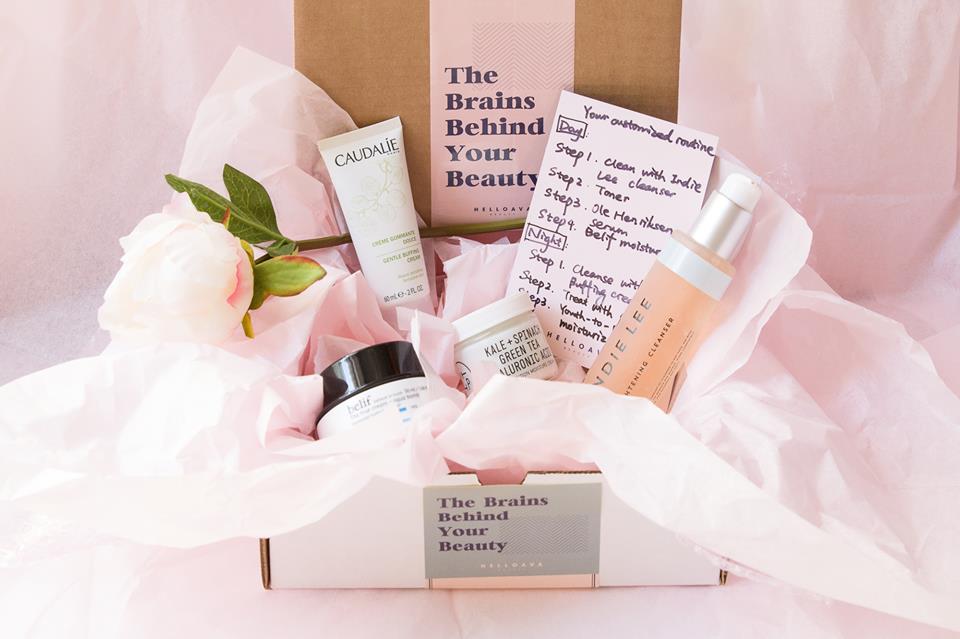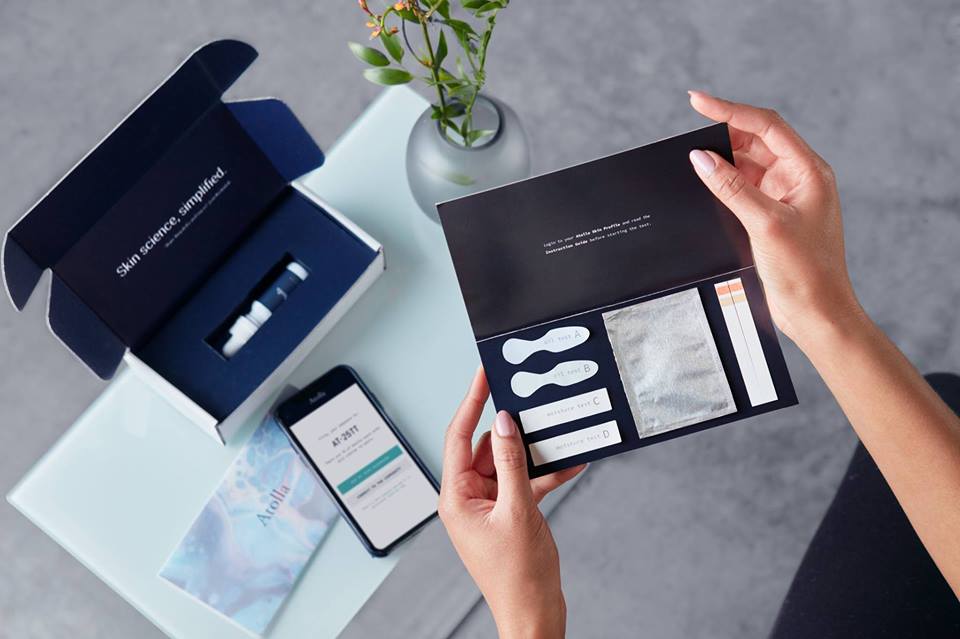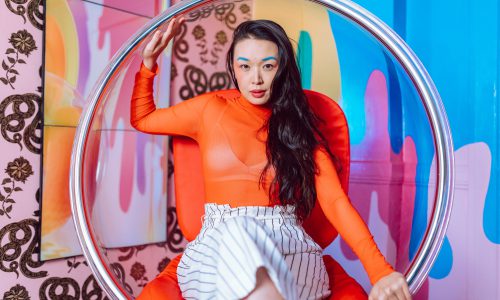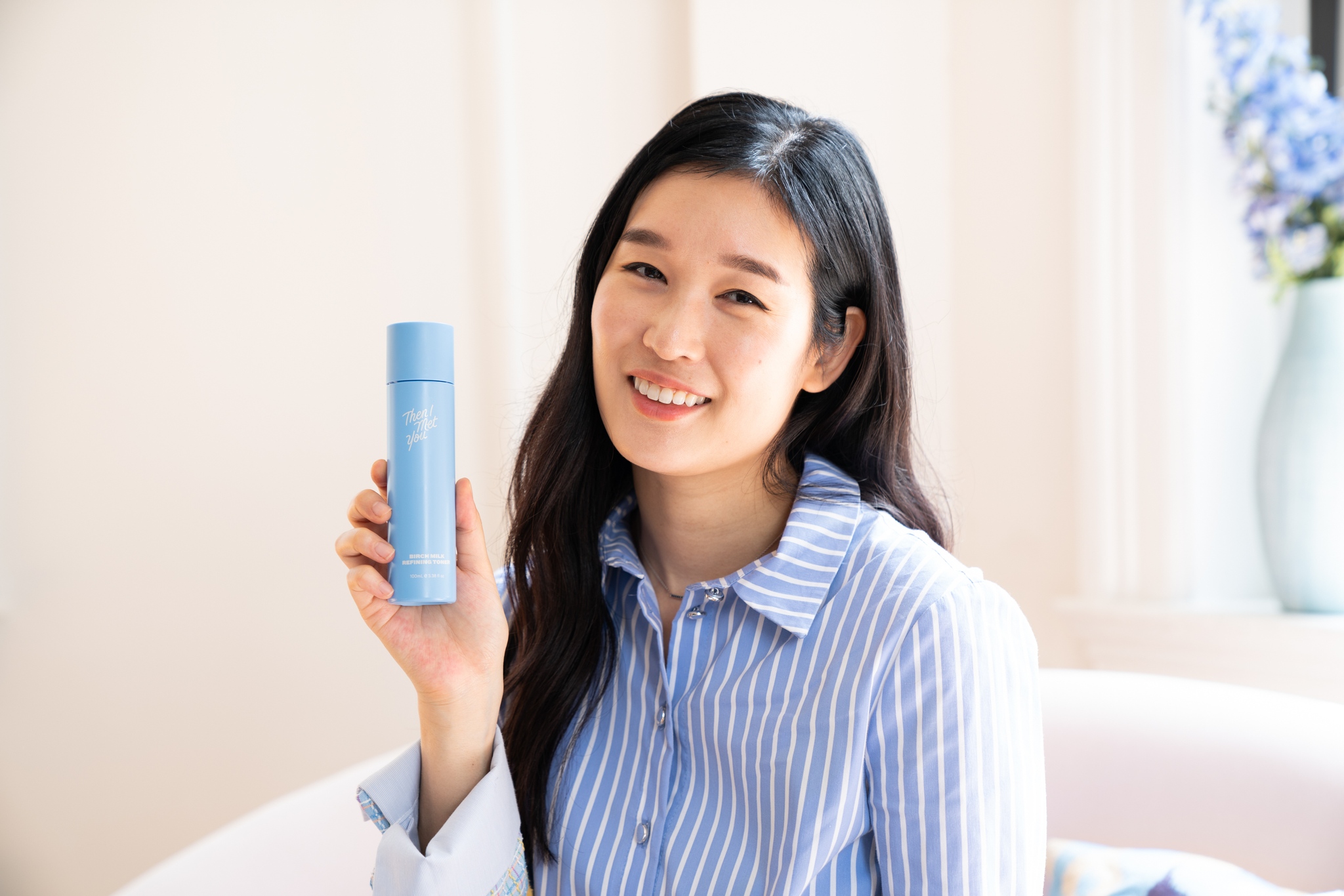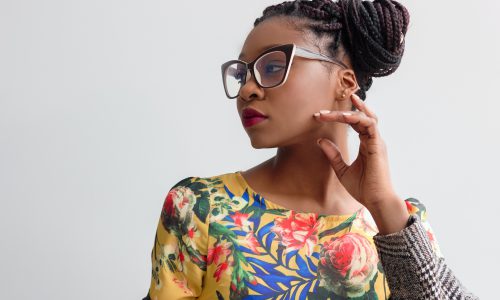According to a 2018 survey, 70 percent of female beauty buyers reported being overwhelmed with product choices. Whether they’re shopping at a drugstore, a specialty retailer like Sephora, or online, the amount of skincare, makeup, and haircare choices were so overwhelming that they often caused shoppers to become immobilized, walking away without making a purchase. In an effort to simplify things, many beauty companies are turning to artificial intelligence.
Sephora, a leader in the use of tech and AI in beauty, saw their organic revenue grow by a stunning 11 percent the first quarter after they unveiled their Sephora Virtual Artist, which allows customers to “try on” thousands of products virtually in order to find their favorite shades and finishes.
But it’s not just beauty consumers contributing to beauty tech’s momentum. Companies are actively building more tech-savvy teams.
“We’ve been seeing an increase in demand among beauty brands looking for more digitally-skilled talent in the beauty tech boom,” ForceBrands’ Client Strategist in Beauty, Health, and Wellness Jessica Viana, said, who works with beauty clients to help build their teams.
Read on as we explore three beauty tech leaders and how they’re utilizing AI to quite literally change the face of the beauty industry.
1. HelloAVA
In 2016, Siqi Mou and Kailu Guan founded HelloAVA, an online service that acts like a skincare consultant, helping clients find the perfect products for their skincare routine. Both Mou and Guan faced issues with their own skin at certain points and the two women became seriously frustrated with the cosmetics and skincare industries. The over-the-top marketing, confusing product labels, and the lack of toxic chemical regulations meant that many women were picking their skincare products based on guesswork or recommendations from friends who may not even share the same skin type.
HelloAVA set out to solve that. Clients begin by completing a skincare survey and sending a selfie to the HelloAVA chatbot. An algorithm then selects the best products for each individual, which are confirmed by licensed aestheticians and board-certified dermatologists. These skincare professionals are only a text message away with any questions or concerns, and will continually work with clients to track their progress and results. Additionally, HelloAVA only recommends products from trusted brands and is committed to giving honest and unbiased recommendations. Since their launch two years ago, HelloAVA has amassed nearly 60,000 clients and sent over 1.6 million skincare consultation messages.
2. Atolla
An MIT designer, an MIT design scientist, and one of the leading dermatologists in the country walked into a boardroom and left with the idea for Atolla, a monthly subscription kit and app that work together to design the perfect serum for your skin. Meghan Maupin, Sid Salvi, and Dr. Ranella Hirsch released Atolla in 2017, largely funding their project through a Kickstarter page.
The kit, which is sent to your home each month and takes only 10 minutes to complete, contains a moisture level test, an oil level test, and a pH test (the first month also includes a profile for ingredients preferences). These tests are analyzed through the app and the results are combined with both selfies and answers to questions about one’s environment and habits. The end result is a serum perfectly formulated to your unique skin type. Over time, the serum changes and adapts to keep up with the changes and needs of your skin.
Set for a wide release this summer, Atolla uses machine learning and intelligence to cater to the many factors that affect your skin’s health and appearance, instead of just focusing on one.
3. Neutrogena Skin360
Since its launch in 1930, Neutrogena has been one of the leading skincare brands. In 2018, the drugstore favorite announced, to much fanfare, their foray into artificial intelligence. Neutrogena Skin360 utilizes a small, white device that holds a lens that attaches to the standard iPhone camera and is able to magnify pores, wrinkles, and fine lines up to 30x. In addition, the device has a moisture sensor that scans above and below the skin’s surface. After taking a series of pictures, the device sends the collected data to the FitSkin mobile app, which provides the user with expert advice and product recommendations.
What’s even cooler? As more people use the AI device, both for initial readings and to record progress, the program becomes smarter and will become more precise in its product recommendations. While it’s currently not available for every iPhone model, developers are working to adapt it for a wider selection of phone models.
Interested in working at a beauty brand that’s disrupting the tech space? Explore our BeautyForce division.
